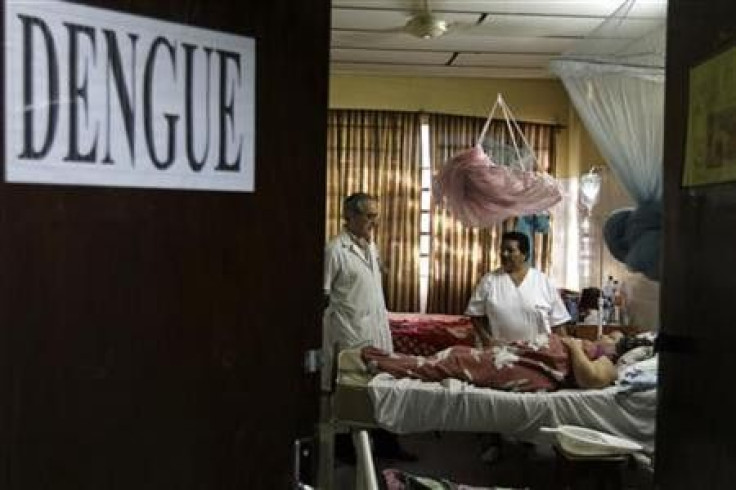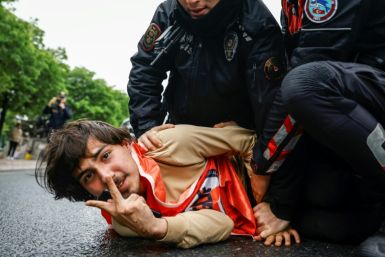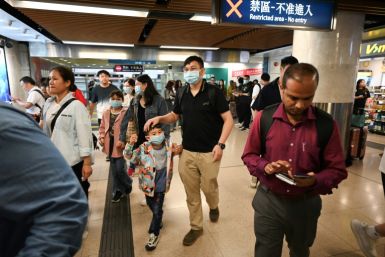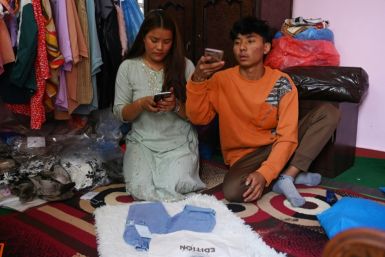Over 600 new cases in Indian dengue outbreak; death toll up, parents commit suicide due to child's death

The vector-borne disease caused by the Aedes aegypti vector mosquito, dengue, has been declared as “endemic” to the country. Over 600 new cases of dengue have been reported so far in the second week of September alone, with the total toll crossing 1,872 in 2015.
The government of the nation's capital has ordered all the hospitals in the state to open its “Fever Clinics” round the clock to provide support and treatment to the people affected by the disease. While Chief Minister Arvind Kejriwal has asked the Health Department to do everything possible to make treatment available to the patients, the centre has asked the Delhi government to “make available adequate quantity of platelets for the patients.”
"I have ordered all government hospitals that they should not refuse to admit dengue patients even if they have to treat two patients on a single bed. Admission of patients to hospital should be left to doctors," Delhi Health Minister Satyendar Jain said in a statement.
While the to and fro communication between the centre and the Delhi government is still on, the number of cases reported in northern, eastern and central India are still on the rise. Stagnant water sources like open drains and stored water act as a breeding ground for the mosquito, especially during the monsoons, or the rainy season.
The Aedes aegypti vector mosquito is known to breed during the rainy season and continues to reproduce till the winter months. Beyond the month of November, the virus is unable to survive in dipping temperatures. Therefore, the number of cases eventually subsides.
So far in 2015, Delhi has experienced intermittent rains. Since dengue spikes after the rain is over, the health authorities started to observe reported cases this year,2015, as early as March, and the trend which peaked in August. The number of cases is expected to subside with the fall in the temperature, however, till then, health authorities are trying to provide enough treatment to the patients.
The alarming number of reported cases has put the Health Ministry, doctors and civic bodies on their toes. Delhi government hospitals have already cancelled the leaves of all the doctors, nurses and paramedics staff for their assistance in control and treatment of the disease.
Recently, parents of the 7-year-old son committed suicide after their only son suffering from dengue was not admitted to a hospital on time. The two private hospitals that denied admission to the boy have been issued a private notice by the Delhi government.
Contact the writer at feedback@ibtimes.com.au, or let us know what you think below.






